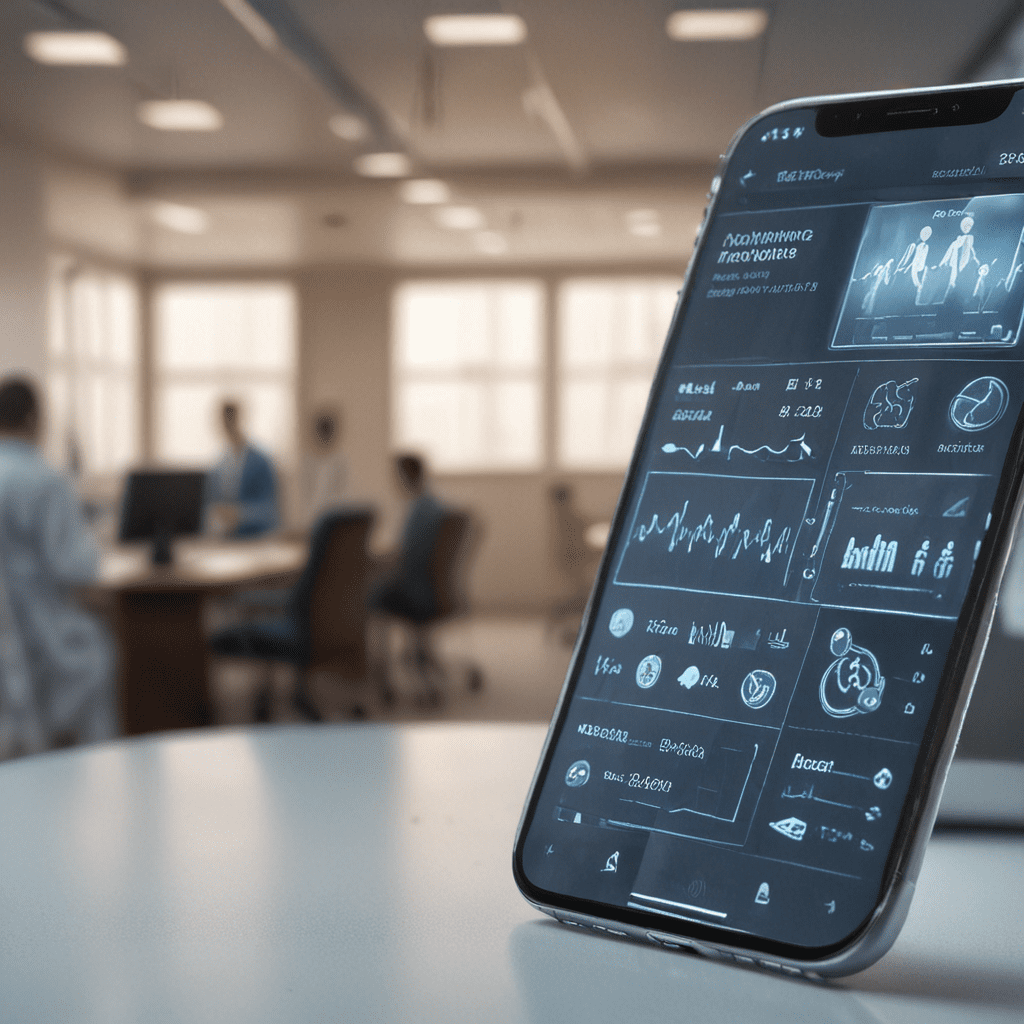
1. Introduction
Customer Relationship Management (CRM) systems have become indispensable for businesses seeking to enhance customer engagement, streamline operations, and boost profits. With the proliferation of mobile devices, mobile CRM apps have emerged as powerful tools, empowering businesses to connect with customers anytime, anywhere. This article explores the benefits, key features, and best practices of mobile CRM app development to help businesses leverage this technology effectively.
2. Benefits of Mobile CRM Apps
Mobile CRM apps provide numerous advantages that traditional, desktop-based CRM systems cannot match. These benefits include:
- Increased productivity: Mobile CRM apps allow sales representatives and customer service agents to access and update customer data while on the go. This eliminates the need for manual data entry or delays in accessing information, streamlining workflows and improving productivity.
- Enhanced customer service: With mobile CRM apps, businesses can provide faster and more efficient customer support. Agents can access customer histories, track interactions, and resolve issues promptly, even while not in the office. This leads to improved customer satisfaction and loyalty.
- Improved communication and collaboration: Mobile CRM apps facilitate seamless communication between teams within an organization. Sales representatives can share customer updates with marketing teams, while support agents can collaborate with technical teams to resolve complex issues. This enhances internal coordination and promotes better customer outcomes.
- Personalized customer experiences: Mobile CRM apps enable businesses to capture and analyze customer data to create personalized experiences. They can track customer preferences, purchase history, and communication history, helping sales and marketing teams deliver tailored messaging, recommendations, and offers.
6. Data Management and Security
Managing and securing customer data is paramount in mobile CRM app development. Apps must adhere to industry regulations and best practices to protect sensitive information. This includes encryption of data at rest and in transit, role-based access controls, and regular security audits. Additionally, apps should provide secure data backup and recovery mechanisms to ensure data integrity in the event of a device loss or failure.
7. Integration with Existing Systems
Mobile CRM apps should seamlessly integrate with existing business systems, such as ERP, marketing automation, and accounting software. This integration enables the exchange of data between systems, eliminating the need for manual data entry and improving data consistency. Integration also allows businesses to create a unified view of customer information across all touchpoints.
8. Testing and Deployment Strategies
Thorough testing is essential to ensure the stability, performance, and usability of mobile CRM apps. Unit testing, integration testing, and user acceptance testing should be conducted to identify and resolve any bugs or issues. A robust deployment strategy is also crucial, outlining the process for rolling out updates, monitoring app performance, and addressing user feedback.
9. User Training and Adoption
Successful mobile CRM app adoption requires effective user training and support. Training should focus on the app's key features, functionality, and best practices. Additionally, ongoing support should be provided to assist users with any technical or process-related queries. Encouraging user feedback and incorporating their suggestions into app updates can further enhance adoption and user satisfaction.
10. Best Practices and Case Studies
Implementing best practices in mobile CRM app development is crucial for businesses to maximize their return on investment. These practices include defining clear business objectives, conducting thorough user research, and adopting agile development methodologies. Additionally, reviewing case studies of successful mobile CRM implementations can provide valuable insights into effective strategies and potential pitfalls.
FAQs
Q: What are the essential features of a mobile CRM app?
A: Key features include access to customer data, contact management, activity tracking, lead generation, and customer support functionality.
Q: How can mobile CRM apps improve customer satisfaction?
A: They facilitate faster and more personalized customer support, leading to quicker resolutions and increased customer loyalty.
Q: What security measures should be implemented in mobile CRM apps?
A: Data encryption, role-based access controls, and regular security audits are essential to protect customer information.
Q: How can businesses ensure successful mobile CRM app adoption?
A: Effective user training, ongoing support, and incorporating user feedback into app updates are crucial for adoption and user satisfaction.
Q: What are some best practices for mobile CRM app development?
A: Defining clear business objectives, conducting thorough user research, and adopting agile development methodologies are recommended best practices.


